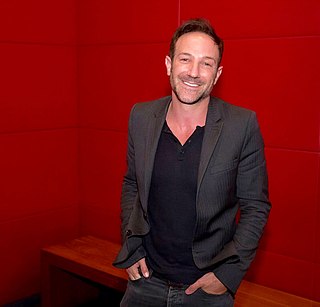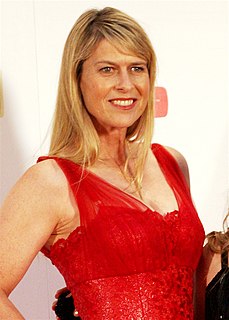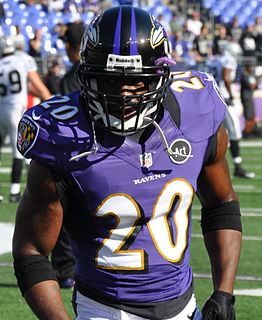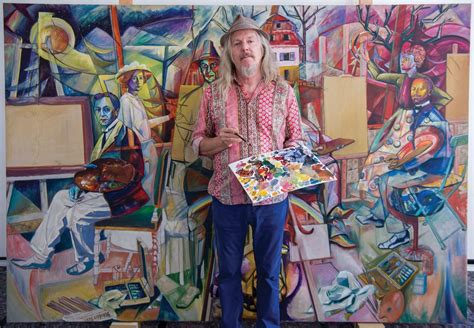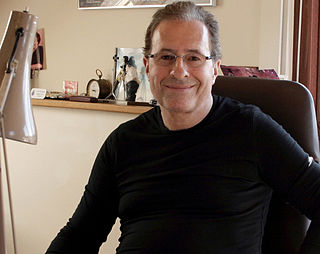A Quote by Nina Dobrev
I went on a date once with a police officer, unbeknownst to me. I thought he was a regular guy. And when I found out that he was a police officer... I wasn't so into it. I got paranoid that I would illegally cross the street and get a ticket for jay walking.
Related Quotes
Let's say you are driving in the U.K., and you are pulled over by the police for speeding, and you try to bribe the police officer with £300 to walk away. I guarantee you that at least 99 times out of 100 you are going end up in handcuffs, and you will be charged with the crime of trying to bribe a police officer.
I have a former Baltimore City police officer's uniform and his robe and hood. He was the grand dragon, which means state leader. His day job, what paid his bills, he was a Baltimore City police officer, not an undercover officer in the Klan gathering intelligence, but a bona fide Klansmen on the Baltimore City police force.
The duties which a police officer owes to the state are of a most exacting nature. No one is compelled to choose the profession ofa police officer, but having chosen it, everyone is obliged to live up to the standard of its requirements. To join in that high enterprise means the surrender of much individual freedom.
What we have to ask is this: what can we morally expect of and allow to people whom we deploy to fulfill this or that social role :police officer, school teacher, physician? This may sometimes lead to difficult social decisions - e.g. should police be permitted to illegally import drugs as part of a sting operation? In the end, I think "common - that is, critical - morality" should determine the limits of the police role.
The biggest thing that will define my legacy is how I've done it, and what I've done, and who I am. I'm a weird big guy. Doing rapping, doing movies. Do a lot of stuff. But always do things the right way. Went to the police academy to become a police officer. Get his master's in criminal justice, stayed out of trouble. Played for three different teams. Changed three different franchises around. This is a guy who they would have secret meetings about to change the rules. So, that's going to be my legacy: the most dominant player ever.

